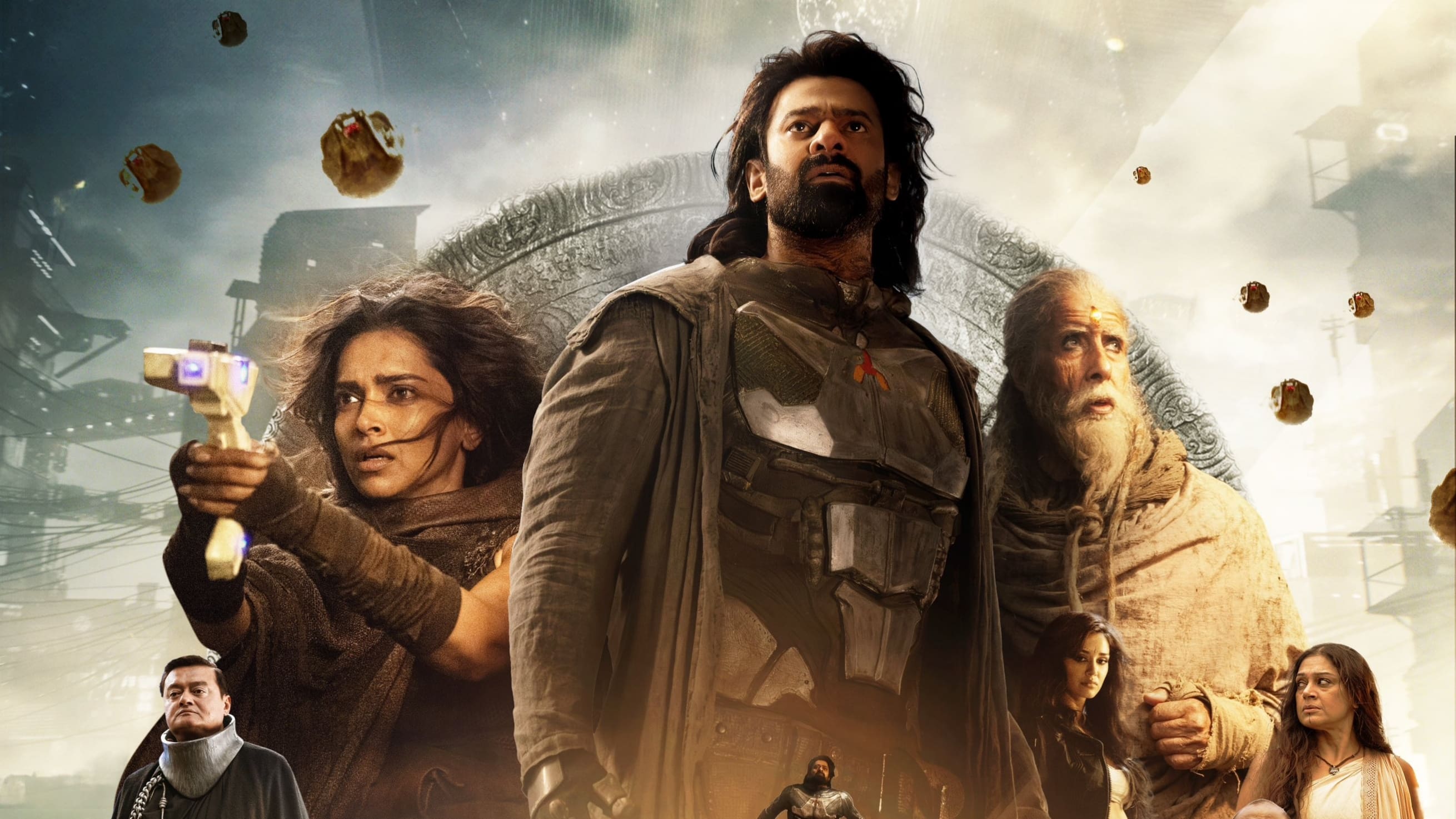- Published on
Kalki: 2898 AD Movie Review

The title "Kalki 2898 AD" seems unnecessarily complex. While the addition of "2898 AD" might be to differentiate it from another film called "Kalki," a different approach could have been taken. An alternative like "Kalki: The Beginning" would have been more appealing, even if it suggests the start of a series. The current title introduces unneeded specificity. Although there's a convention of adding release years to movie titles for clarity (e.g., Kalki 2898 AD (2024)), the result lacks aesthetic appeal, which may reflect on the film itself.
The film boasts a substantial budget, primarily allocated to A-list actors and high-quality visual effects, which has proven to be a successful investment. Unlike many other productions, the VFX are polished and the 3D elements are seamlessly integrated, avoiding common pitfalls in this area. From a technical standpoint, the movie is impressive. However, the film relies heavily on purchased craftsmanship without offering much emotional resonance. For instance, while the character of Karnan is featured, it fails to leave a lasting impact comparable to Shivaji's portrayal in older films. This is where "Kalki 2898 AD" falls short compared to influential works like Star Wars, Dune, and Baahubali, despite borrowing elements from these franchises.
The film goes beyond mere references, directly extending Hindu mythology, particularly the Mahabharata. It's not just about reincarnation or similar character types; one character from the Mahabharata actually survives to be present in this futuristic setting. The blending of mythology and modernity is inconsistent, leading to ongoing confusion. The mythological character's abilities fluctuate between those of a powerful human and a deity. Similarly, an ordinary human character inexplicably creates intricate machinery single-handedly. Despite the advanced setting and superhuman abilities, characters often resort to physical combat reminiscent of ancient times, rather than utilizing their powers or futuristic technology. While some instances of poor physics are noticeable, these aren't VFX issues but rather typical Tollywood conventions.
Prabhas's character in this film bears a strong resemblance to Vanthiya Thevan from Ponniyin Selvan. While he's portrayed as lighthearted, attempting to be clever and maintaining a casual demeanor, his character lacks significant development and primarily serves as a vehicle for plot exposition. The character's background draws clear parallels to Han Solo from Star Wars: a skilled pilot and bounty hunter with an orphan background, burdened by debts and conflicts, yet possessing an underlying goodness that leads him to aid rebel forces. However, instead of a cute sidekick like Chewbacca, this film pairs Prabhas with Keerthi Suresh's character Bujji,an AI based vehicle, who comes across as irritating rather than endearing especially comparing with Tars from interestellar or R2D2 from Star Wars.
The character Yaskin in this film evokes memories of Anakin Skywalker inside his Darth Vader suit. Yaskin is portrayed as the ultimate ruler, controlling the entire world and possessing intelligence and understanding far beyond others. Kamal Haasan's performance as Yaskin is exceptional, possibly because the character embodies qualities Haasan himself aspires to be in real life. Despite limited screen time, Haasan's voice modulation and dialogue delivery are impeccable. His appearance, with a bald head and sinister demeanor, combines elements of his roles as Nandu in "Aalavandhan" and the clarity of voice from "Indian." The character's meta-textual line in the climax, "I will come myself," hints at increased presence in future installments. Saswata Chatterjee also delivers a strong performance as the commander. His character's attitude and loyalty to the main antagonist led to expectations of his demise at Yaskin's hands, but the story takes a different turn.
Amitabh Bachchan's role in this film is comparable to Kattappa from Baahubali, though less impactful. The movie features several notable cameos, including Dulquer Salmaan, Vijay Deverakonda, Mrunal Thakur, and a humorous appearance by Rajamouli with numerous real-life references. Ram Gopal Varma and others also make appearances.
While some fight sequences feel prolonged, the climax battle is concise and effective. The film subtly promotes ideas about the existence of God, the potential truth behind superstitions, and a world descending into chaos - themes that may feel outdated and problematic.
A positive aspect is that extensive mythological knowledge isn't necessary to follow the plot. A basic understanding of characters like Arjuna, Krishna, Karna, and the story of Krishna suffices to grasp most references. Overall, the film is worth a single viewing.